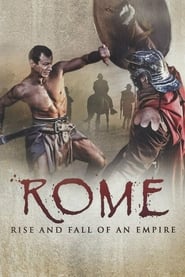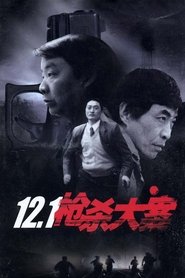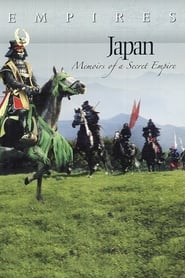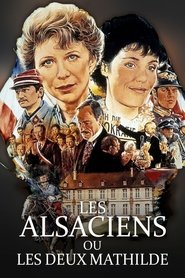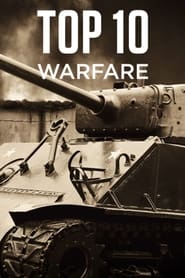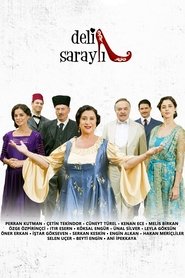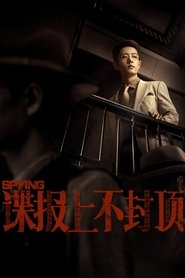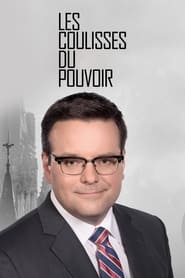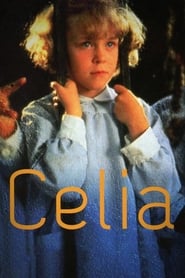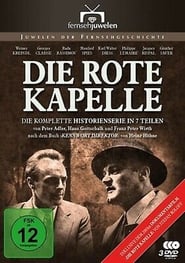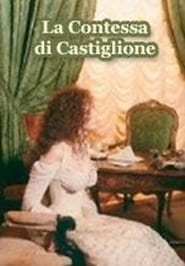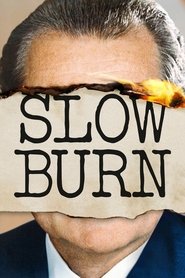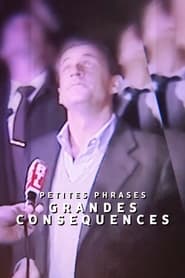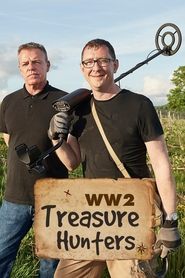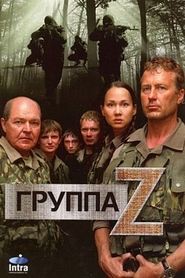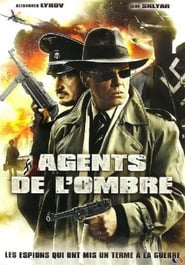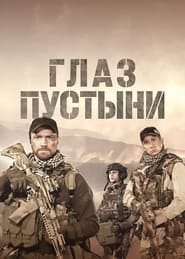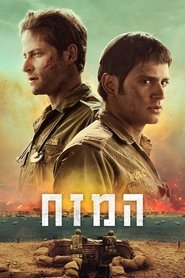War Politics TV Series - Page 80
-
Rome: Rise and Fall of an Empire
2008
star 7.8The Germanic, Britannic and other barbarian tribal wars with Rome ultimately led to the decline and fall of the Roman Empire. This series is centered on the campaigns and battles with the barbarian tribes and extensive examinations of the reigns of little known Roman emperors and generals. -
12.1枪杀大案
1999
-
Japan: Memoirs of a Secret Empire
2004
star 9.5Commanding shoguns and samurai warriors, exotic geisha and exquisite artisans—all were part of the Japanese “renaissance”; a period between the 16th and 19th Centuries when Japan went from chaos and violence to a land of ritual refinement and peace. But stability came at a price: for nearly 250 years, Japan was a land closed to the Western world, ruled by the Shogun under his absolute power and control. Japan: Memoirs of a Secret Empire brings to life the unknown story of a mysterious empire, its relationship with the West, and the forging of a nation that would emerge as one of the most important countries in the world. -
The Alsatians or the two Mathilde
1996
star 9The history of four generations of a family in Alsace between 1870 and 1953. Over this time, the family and the villagers live through three wars between France and Germany and their province changes its affiliation between these countries four times. The governors from both sides do not always respect the culture and the feelings of Alsatians. -
Top Tens of Warfare
2016
Top Tens of Warfare
2016
star 8Top Tens of Warfare tells the story of modern age warfare in ten episodes. Each episode is dedicated to the top ten of military inventions, vessels, battles, aircraft, weapons, secrets, tanks, fighting forces, commanders and leaders and shows how they all influenced and changed the way we lived. —Kalla -
Deli Saraylı
2010
-
Spying
0000
Spying
0000
In 1948, Ren Shaobai, a long-hidden Communist agent inside the Ministry of National Defense, is forced back into action when a fellow operative is exposed. Risking his life to save a compromised intelligence network, he uses a military radio to send crucial information. While investigating a military corruption case, he forms a new alliance, deepening his involvement in a dangerous political game. -
American Suburbia
2005
American Suburbia
2005
star 6Witness a fascinating account of a nation's efforts to become progressive and prosperous. -
Celia
1993
Celia
1993
star 6.4Celia is a Spanish children's television series created by José Luis Borau in 1992 for the national Spanish public-service channel Televisión Española. It is based on the classic Spanish children's novels of the same name by Elena Fortún, primarily Celia, lo que dice and Celia en el colegio. The books and television series tell the stories of a wild seven-year-old girl named Celia Gálvez de Moltanbán. In addition to focusing on Celia, the show touched lightly on Spanish life in the 1930s, such as the upcoming civil war, a changing nation, and the social issues and ideas at the time. Cristina Cruz Mínguez was cast as the titular character, and the script was adapted by author and screenwriter Carmen Martín Gaite. The creator, Borau, directed and produced the series. Though successful when it originally premiered, Celia was cancelled after six episodes. The sixth and final episode ended with a "to be continued", but the following episode has yet to be released. -
The Red Chapel
1972
The Red Chapel
1972
Shortly before the outbreak of World War II: Leopold Trepper, a colonel in the Red Army, travels to Belgium under a false name and sets up a spy ring there. Together with his employees Viktor Sukulow-Gurewitsch, Johann Wenzel, Hillel Katz and Michail Makarow, he succeeds in establishing a spy network throughout Belgium and France in a very short time. With the help of his cover companies - a chain of raincoat shops and later the import-export company Simexco ”- Trepper can collect information from the economy and the Wehrmacht, about Atlantic Wall construction sites and railway lines, and send it to Moscow. The agents also get help from patriots who want to free their countries from the occupation by the Germans. -
侦察记
2010
侦察记
2010
-
The Countess of Castiglione
2006
Virginia Oldoini, Countess of Castiglione, is an unscrupulous and beautiful woman, in love with Andrea Pieri, a patriot ready to do anything to free Italy from the foreign oppressor. Wounded during a chase, Pieri takes refuge in the castle of Virginia, which, with the approval of her husband, Count Francesco Verasis of Castiglione, takes care of him. Meanwhile, Nigra, in charge of the affairs of the Kingdom of Piedmont in Paris, discovers the relations of the countess with the subversives and sees in her the perfect tool to bring Napoleon closer to the Italian cause. -
Slow Burn
2020
Slow Burn
2020
star 8In this adaptation of the award-winning podcast, Slow Burn’s Leon Neyfakh excavates the strange subplots and forgotten characters of recent political history—and finds surprising parallels to the present. -
WW2 Treasure Hunters
2017
WW2 Treasure Hunters
2017
star 7.5WW2 Treasure Hunters pairs Britain's foremost amateur WW2 detectorist with Madness frontman Suggs, as they uncover historical finds from across the UK. Using state-of-the-art technology, original WW2 archives and maps, the pair work together to identify the best places to dig at forgotten sites, including former military bases, airfields, POW camps and barracks. Once located, they then go on to perform extensive digs to excavate the relics. As the artefacts are unearthed, the presenters turn detective, revealing the stories and people behind the finds. They meet with survivors, experts and historians to understand what happened at each of the locations. -
Zeta Group
2007
-
There is No Third
2009
There is No Third
2009
star 5Occupied Western Ukraine, 1944. The Soviet High Command is concerned about a large-scale, highly classified construction running through the line of the Soviet offensive. A reconnaissance unit is deployed and a Soviet scout is placed behind enemy's lines in order to obtain information about the project. -
Глаз пустыни
2024
-
The Stronghold
2025
The Stronghold
2025
When a desolate Israeli outpost comes under siege after a surprise Egyptian attack, the surviving soldiers must choose between a hopeless battle, or follow the Doctor's plan that may save them, but comes with a great price.
